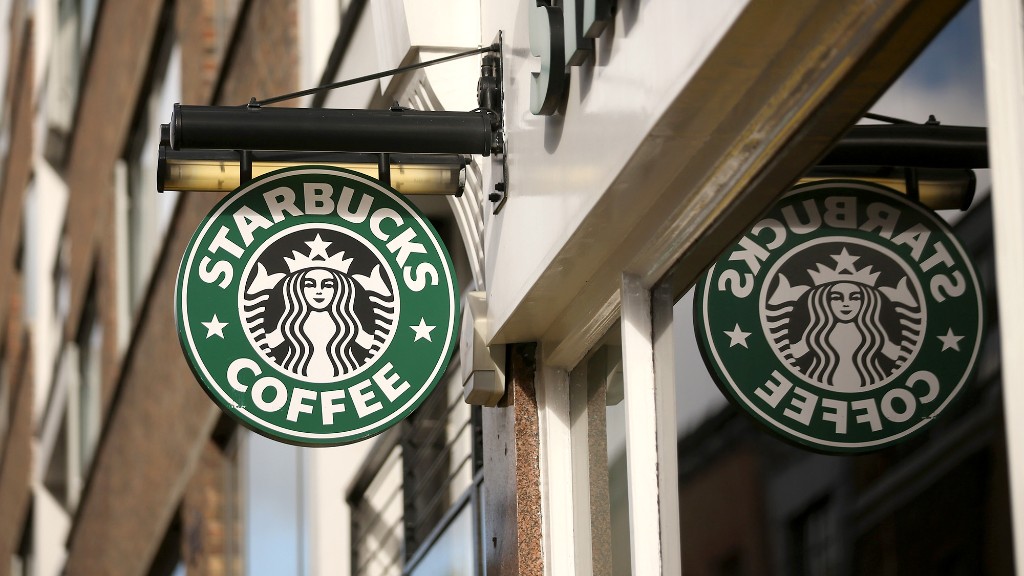
The tax affairs of McDonald's are under the microscope as top European officials accuse the company of shady tax deals with Luxembourg.
The European Commission announced Thursday it is investigating the fast-food giant for failing to pay some taxes in both Luxembourg and the U.S.
The anti-trust watchdog agency said McDonald's (MCD) signed two special deals with Luxembourg in 2009 that allowed the company to shift profits around to avoid paying all the taxes on the royalties it collects from franchise restaurants in Europe and Russia.
The company has roughly 6,000 franchise restaurants in Europe, which pay to use the McDonald's branding.
McDonald's quickly issued a statement saying it complies with all tax rules in Europe and paid more than $2.1 billion in corporate taxes to European countries between 2010 and 2014.
"We are confident that the inquiry will be resolved favorably," said a McDonald's spokesperson.
Luxembourg's government said it would fully cooperate with the investigation, and stressed that it did not give McDonald's any special treatment.
Luxembourg has frequently been accused of acting as a tax haven in Europe.
A 2014 report by the International Consortium of Investigative Journalists claimed that hundreds of companies, including Pepsi (PEP) and AIG (AIG), have saved billions of dollars in taxes thanks to deals with the small country.
The European Commission has been aggressive about pursuing corporate tax investigations and has already gone after a number of other big-name American companies, including Starbucks (SBUX), Fiat Chrysler (FCAM), Apple (AAPL) and Amazon (AMZN).
In October, the agency ordered Starbucks and Fiat to repay millions in taxes after it found the companies benefited from illegal deals with Luxembourg and the Netherlands.
The European Commission said Fiat's finance division avoided up to 30 million euros ($32 million) in taxes through a sweetheart tax deal with Luxembourg in 2012.
The Netherlands gave Starbucks (SBUX) a similar deal that allowed the coffee chain to avoid up to 30 million euros ($32 million) in taxes since 2008.
Both companies said they would appeal the decision.
Countries around the world have been trying to work together to clamp down on corporate tax avoidance.
The Organization for Economic Co-operation and Development estimates that loopholes allow companies to dodge as much as $240 billion in taxes each year.
A new package of international tax rules, which was drafted by over 60 countries, was approved by world leaders last month.
They require multinational firms based in 62 countries to disclose details about their business operations, global subsidiaries, sales, profits, tax payments and employee numbers.
This information will be shared between national tax authorities to ensure companies are being transparent about their operations and tax obligations.
This will help countries conduct audits, understand how companies are moving money abroad and levy appropriate taxes.

